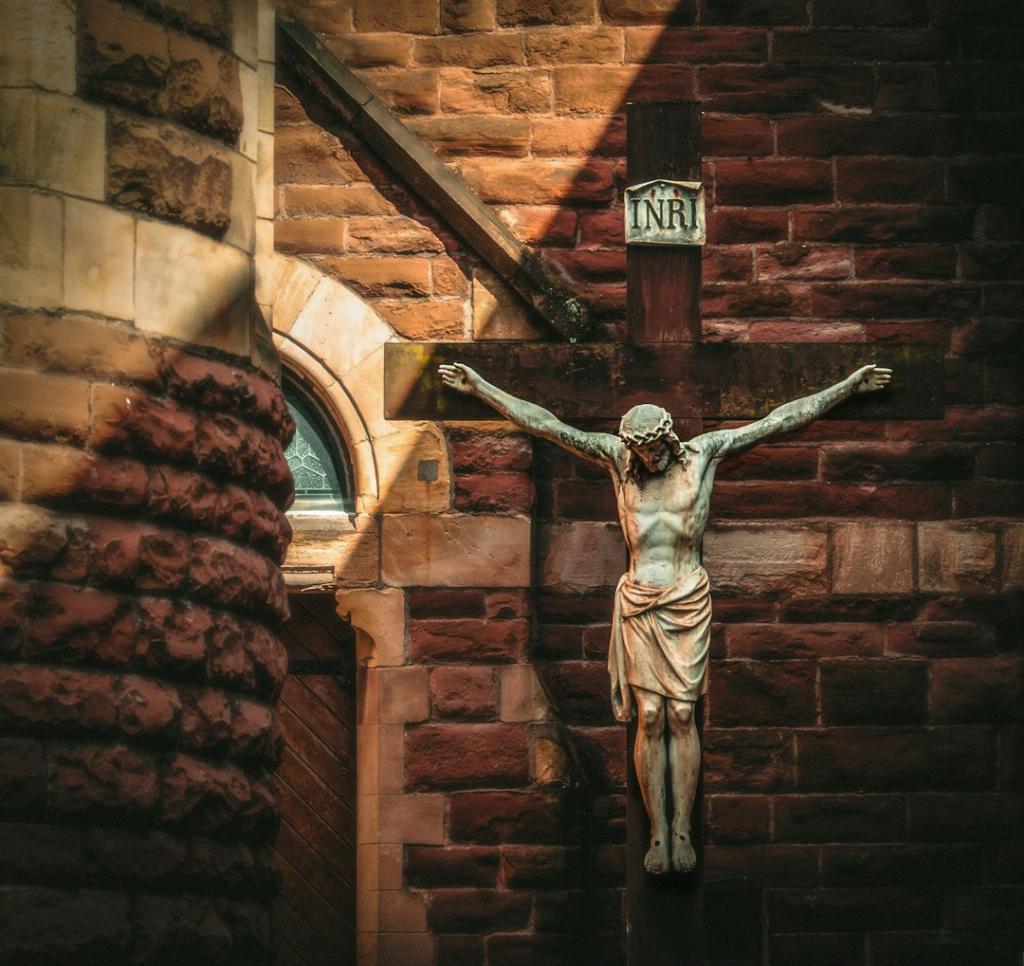Communion is a sacred sacrament in the Catholic faith, representing the body and blood of Jesus Christ. During this meaningful ritual, prayers play a vital role in connecting with God, seeking forgiveness, expressing gratitude, and embracing the spiritual significance of the Eucharist. In this article, we will explore the prayers traditionally recited during Communion and discuss their meanings and purpose.
The Purpose of Communion Prayers
Communion prayers serve as a way to enter into a deep connection with God during the sacrament. Through these prayers, believers seek forgiveness by acknowledging their shortcomings and expressing repentance. Additionally, Communion prayers provide an opportunity to express gratitude for the sacrifice of Jesus on the cross, emphasizing the importance of His body and blood in the lives of the faithful.
Traditional Communion Prayers in Catholicism
In Catholicism, several prayers have been widely used during the Communion service. The Lord’s Prayer, also known as the Our Father, holds a significant place, as it was taught by Jesus Himself. This prayer emphasizes the importance of forgiveness, provision, and God’s will in our lives. Alongside the Lord’s Prayer, the Hail Mary is often recited during Communion, invoking the intercession of the Virgin Mary. The Act of Contrition is another commonly recited prayer during Communion, allowing individuals to express remorse for their sins and seek God’s mercy. Lastly, the Anima Christi, meaning “Soul of Christ,” is a beautiful prayer that reflects on the sacrifice of Christ and the desire for union with Him.
Variations of Communion Prayers in Different Catholic Rites and Practices
Within the Catholic faith, different rites and practices have variations of Communion prayers. For example, Eastern Catholic Rites may incorporate unique prayers that reflect their specific traditions and cultural influences. In addition, cultural influences can shape the prayers recited during Communion, allowing individuals to connect with their heritage and express their faith in their native language. Furthermore, personalizing prayers during Communion is encouraged, as it allows individuals to deepen their personal connection with God during this sacred moment.
Understanding the Prayers in the Context of the Holy Eucharist
Each prayer recited during Communion holds profound meaning and symbolism in the context of the Holy Eucharist. It’s important to reflect on the words used and their intentions. For example, the Lord’s Prayer reminds us of our reliance on God’s provision and forgiveness. The Hail Mary invites the intercession of the Blessed Virgin Mary, who holds a significant role in Catholic theology. The Act of Contrition emphasizes the need for repentance and God’s mercy. The Anima Christi deepens our connection with Jesus and His sacrifice on the cross. Understanding these connections helps to deepen our appreciation and participation during the Eucharistic celebration.
Incorporating Communion Prayers into Personal Faith and Worship
Communion prayers are not limited to the context of the church service; they can also be incorporated into personal faith and worship. Taking time to reflect on the prayers and meditate on their meaning allows individuals to deepen their spiritual connection with God throughout their daily lives. Whether through silent reflection or actively reciting the prayers, incorporating Communion prayers into personal rituals is a powerful way to nurture one’s faith.
Frequently Asked Questions About Communion Prayers
Can I say my own prayers during Communion?
While there are traditional prayers associated with Communion, it is also encouraged to say your own heartfelt prayers during this sacred moment. Personalized prayers can deepen your spiritual connection and allow for a more meaningful experience during Communion.
Do I need to memorize specific prayers for Communion?
There is no requirement to memorize specific prayers for Communion. While traditional prayers are commonly used, what matters most is the sincerity and intention behind the words spoken during this sacred time.
Can I recite prayers in my native language during Communion?
Absolutely! It is acceptable and encouraged to recite prayers in your native language during Communion, especially if it helps you connect with God on a deeper level. God understands and values the prayers spoken in any language.

Conclusion
Communion prayers hold a significant role in the Catholic faith, allowing believers to connect with God, seek forgiveness, express gratitude, and embrace the spiritual significance of the Eucharist. Through traditional prayers like the Lord’s Prayer, the Hail Mary, the Act of Contrition, and the Anima Christi, believers can reflect on the sacrifice of Jesus and their personal relationship with God. Additionally, variations of Communion prayers in different Catholic rites and practices, as well as the option to personalize prayers, offer a deeper connection with one’s own faith and cultural heritage. Ultimately, embracing Communion prayers as a meaningful part of personal faith and worship can lead to a more profound spiritual experience.
